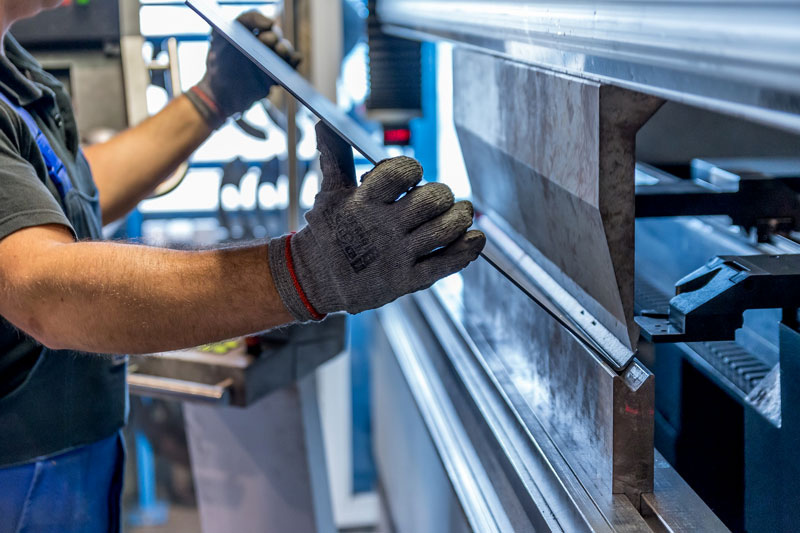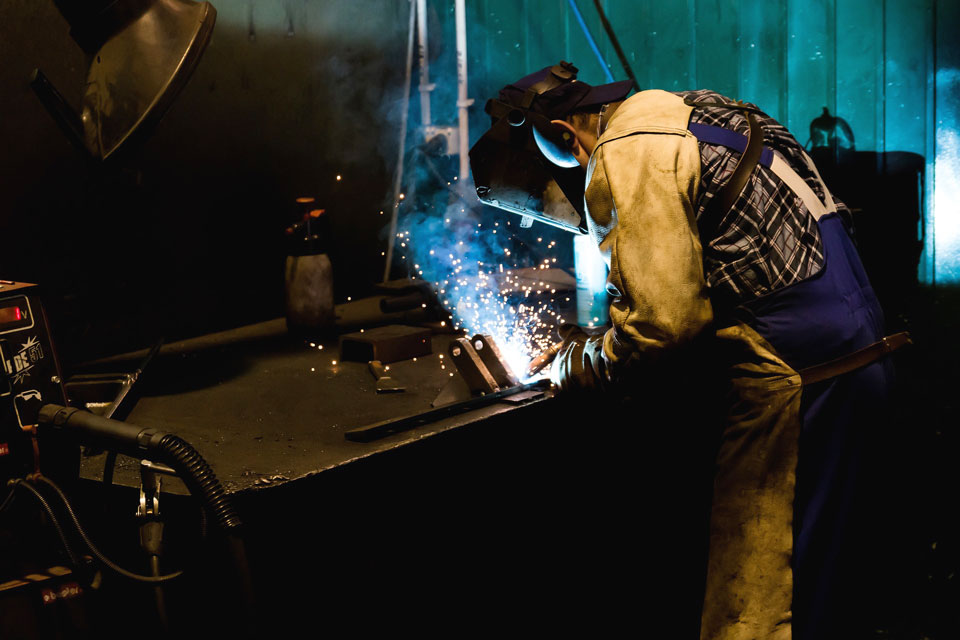Workers Say Getting Their Job Done Is More Important Than Their Safety

What’s more important: your safety or your job? According to a 2016 survey, over a third of workers think their personal safety matters less to their employers than getting the job done. The number jumps to 60 percent for construction workers and 52 percent in agriculture, forestry, fishing, and hunting jobs.
The 2016 Employee Perception in Workplace Safety study, administered by the National Safety Council (NSC), asked 2,000 workers in over 20 industries to describe their job satisfaction, compliance with workplace safety procedures, and accident frequency.
Among the results, researchers discovered 30 percent of workers agree that “Employees are afraid to report safety issues,” and 38 percent agreed that management only does the minimum required by law to keep employees safe.
It Pays to Be Safe

Not only are workplace injuries inconvenient and sometimes tragic, but they are also expensive. The Occupational Safety and Health Administration (OSHA) estimates U.S. employers spend about $1 billion every week in workers’ compensation claims alone.
In addition, lost work days contribute to overall costs of workplace injuries; the NSC estimates companies lose 99 million production days each year due to injuries that keep employees from coming to work.
The NSC also identified the three most common workplace injuries that result in lost work days:
- 35 percent of all injuries: Overexertion (i.e., lifting too heavy an object or repeating an action too many times)
- 25 percent of all injuries: Contact with objects and equipment (i.e., being struck by or caught under unstable or unnoticed material or equipment)
- 25 percent of all injuries: Slips, trips, and falls (i.e., falling to the same level or a lower level)
Power in Prevention

John Dony, director of Environment, Health and Safety (EHS) and Sustainability at the NSC, said “Every single worker should make it home, safe and sound, to their family every night.” Employers and their workers share the responsibility for creating safe working environments to prevent as many injuries as possible.
As identified by the NSC, the top three workplace injuries could occur in high-risk industries as well as low-risk ones like retail and office work. By staying aware of your surroundings at all times, using common sense when storing and retrieving (especially heavy) materials, and taking breaks from repetitive tasks as needed, employees can drastically reduce their risk of injury on the job.
Employees should also report dangerous workplaces and careless supervisors to their employer’s safety advisor or other high-ranking official. The environments in which injuries occur don’t appear out of thin air; they slowly arise from ignored safety guidelines and workers’ silent compliance. Organizations like the NSC and OSHA advocate on behalf of workers to fix hazards before they cause harm, but they can’t help unless someone steps forward.
More Than a Policy

The most serious effect of poorly prioritized workplace safety is the rising death rate of U.S. workers. In 2016, it was the highest it’s been since 2008; more than 4,800 workers died from incidents including motor vehicle accidents, exposure to harmful compounds, contact with equipment, and slips, trips, and falls.
The National Safety Council recognizes a yearly Workers Memorial Day when it calls attention to the completely preventable workplace injuries and deaths that cost workers and their employers millions every year. Take care of yourself on the job; it’s the most important task you can do.
Help from an Evansville Workers’ Compensation Lawyer
If you’ve been injured on the job, an Evansville workers’ compensation lawyer may be able to help. Call Hensley Legal Group today or contact us online for a free consultation.
Available 24/7
Free Case Review
You won’t pay any fees until we win your case.
It’s easy - you can: